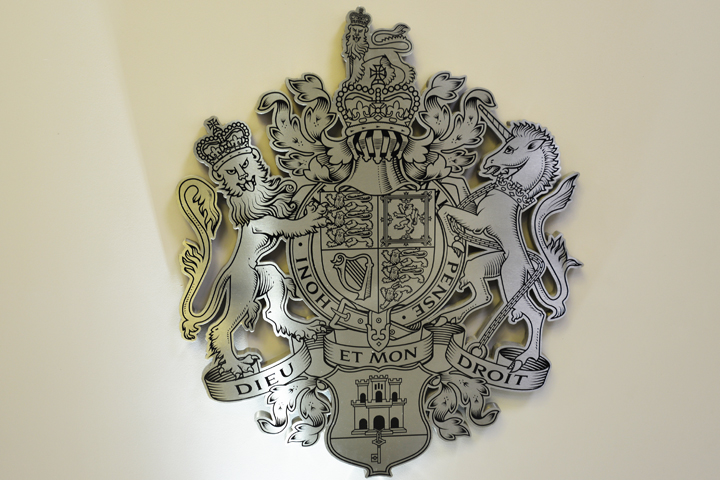Jul 07 - Conservation And Environment Conference To Be Held In Gibraltar
 Conservation workers, scientific researchers, representatives of civil society environmental groups and governments environment departments from across the UK Overseas Territories meet in Gibraltar for a 5-day gathering, starting next week.
Conservation workers, scientific researchers, representatives of civil society environmental groups and governments environment departments from across the UK Overseas Territories meet in Gibraltar for a 5-day gathering, starting next week.
The purpose is to exchange best practice, discuss successes, explore innovations and forge partnerships with the overall aim to ensure that the wildlife, and the ecosystems of the UK Overseas Territories and Crown Dependencies is secured for future generations by the people. Over 90% of the global biodiversity for which the UK has responsibility under international agreements depends on these territories and their ecosystems are vital too for services to humans.
The conference is being organised by HM Government of Gibraltar and the UK Overseas Territories Conservation Forum (UKOTCF), with support from the Gibraltar Ornithological and Natural History Society. Seventeen UK territories are represented, several up to ministerial level, as well as nine other countries, with over 100 participants.
Blue iguanas, mountain chickens (a threatened frog species), spiky yellow woodlice, sea turtles, gigantic whales and millions of albatross all have homes in the UKOTs. Many are not found anywhere else on Earth. Each UKOT has a set of unique challenges but they all share some similarities – for example, small human populations, often remote locations, many are low-lying islands, and small land areas. This means that many of them face the same pressures for example, the enormous pressures caused by climate change and sea-level rise, unsustainable development, and alien species introduced by humans.
Safeguarding the natural environment is as important for the services this provides to people as for habitats for this vulnerable and unique wildlife. Sharing of knowledge is a powerful tool and, since the first of this series of working meetings to be organised (also in Gibraltar, in 2000), several initiatives and projects have been launched. These include: invasive species removals, scientific surveys and research, economic evaluation projects in several UKOTs, pilot work on tourism to protect wildlife, increased support from UK institutions and UK Parliament and input into EU funding policy.
The use of drones, remote sensing, apps and citizen science to monitor and carry out survey work; the use of controlled burns and native nurseries to save species from extinction; the use of satellites for surveillance of illegal fishing; the importance of environmental economics and putting a price on nature and how to manage fisheries sustainably: these are just some of the concepts which will be discussed and shared. Some of the novel ways in which Gibraltar is dealing with its challenges to its unique biodiversity and environment will be at the forefront on what is discussed.
These discussions will enable participants to find new ways of working and enable them to learn from others on how to approach various challenges, which are experienced in similar situations across all the UKOTs.
{fcomment}






